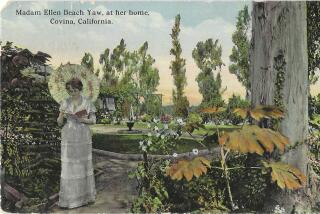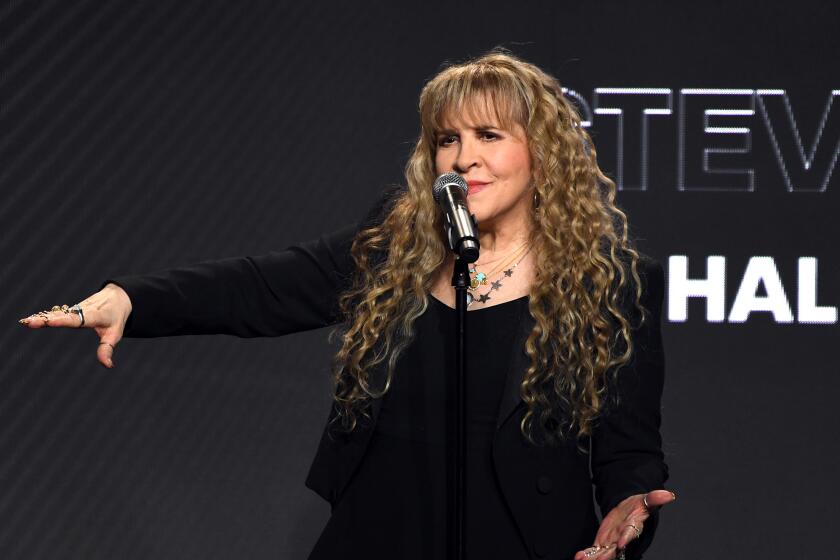Shirley Scott, 67; Jazz Musician Was Queen of Hammond Organ
- Share via
Shirley Scott, one of the few women in jazz to fashion a successful career on the Hammond organ, died Sunday in Philadelphia. She was 67.
Scott, in failing health in recent years with a series of problems brought about by the use of the diet drug combination fen-phen, died at Presbyterian Hospital of heart failure. In 2000, a Philadelphia jury awarded her $8 million after she sued the drug’s manufacturer and a local physician who had prescribed the medication.
Bedridden over the last year, she had been unable to play the organ as she had done so magnificently since taking it up in the 1950s.
Scott was born in Philadelphia, where her father ran a jazz club and her brother played the saxophone in local bands.
As a girl, Scott learned to play the piano and picked up the trumpet at the city’s high school for girls. She earned her bachelor’s and master’s degrees at Cheyney University, one of the country’s oldest African American institutions, and decades later returned there to teach music.
But her career as a musician didn’t take off until she switched to the Hammond organ, an instrument becoming popular in jazz due to the playing of another Pennsylvania native: Jimmy Smith.
She began playing in small groups generally led by a saxophonist and including a drummer. Her saxophone associates over the years included Eddie “Lockjaw” Davis, Dexter Gordon and Stanley Turrentine, to whom she was married for 10 years.
In an interview with National Public Radio some years ago, Turrentine described playing with Scott.
“She didn’t try to overpower you like a lot of other organists.... She played with you.... And when she played, she could sound like a big band at times and then [at other] times she would sound like a trio or whatever we wanted to sound like.”
Another admirer of hers was comedian Bill Cosby, who first heard her in clubs around Philadelphia in the late 1950s.
“The organ trios were very big in the local Philadelphia bars,” Cosby told NPR, “and what struck me about her was the fact that she played just as much organ as Jimmy Smith and Richard ‘Groove’ Holmes. To me she was just a great keyboard player.”
Cosby hired Scott in 1992 to act as musical director for his short-lived “You Bet Your Life” program.
Scott recorded extensively through the late 1950s, ‘60s and ‘70s for labels that included Prestige, Impulse and Atlantic. She also toured with her own group.
She is survived by her five children, several grandchildren and two great-grandchildren.
More to Read
The biggest entertainment stories
Get our big stories about Hollywood, film, television, music, arts, culture and more right in your inbox as soon as they publish.
You may occasionally receive promotional content from the Los Angeles Times.









